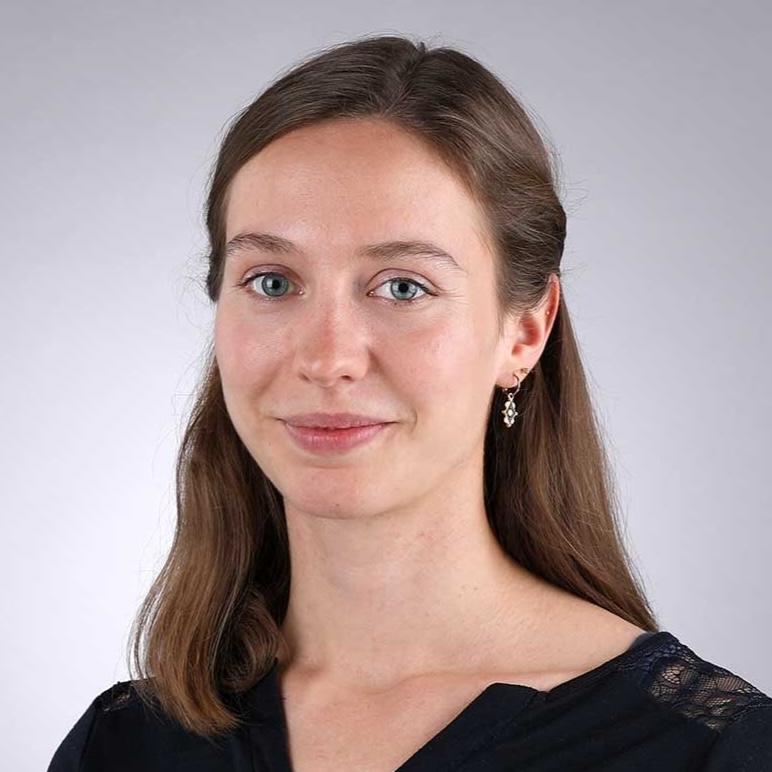28.11.2024
17:45
HIT H42
28.11.2024
17:45
HIT H42

Tabea Bühler
PhD Student at EPFL, Laboratory for Quantum Gases (Prof. Jean-Philippe Brantut)
Abstract
Quantum gas experiments provide a unique opportunity to create and study complex quantum many-body systems. A high degree of controllability allows to manipulate different components of the Hamiltonian and to study their influence on the emergent physics. This contributes to the understanding of many-body phenomena, especially in situations where the strong correlations between particles make analytical and numerical studies inherently difficult.
In this talk, I will introduce the experimental platform that we use to study the emergent physics of ultracold Fermions with strong and tunable short- and long-range interactions. I will discuss the role of the high-finesse optical cavity in our experiment, leading to the phenomenon at the center of this talk, that is, the density-wave ordering phase transition. After showing previous experimental results on the study of this phase transition, I will report on our recent work on the in situ observation of density-wave ordering through resonant absorption imaging.
